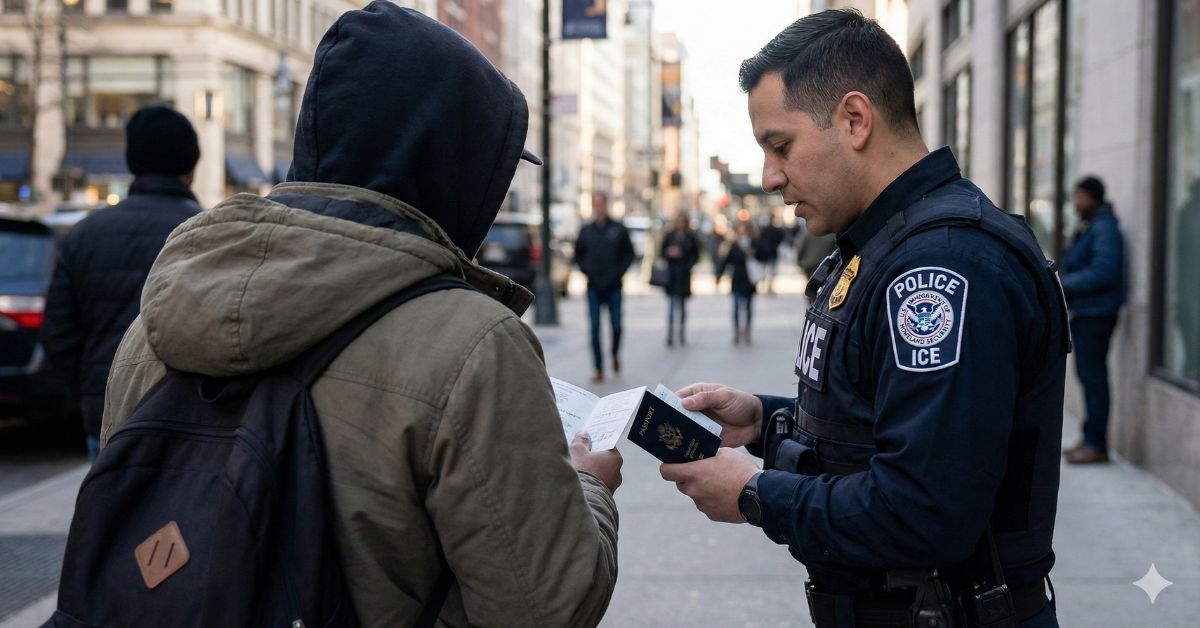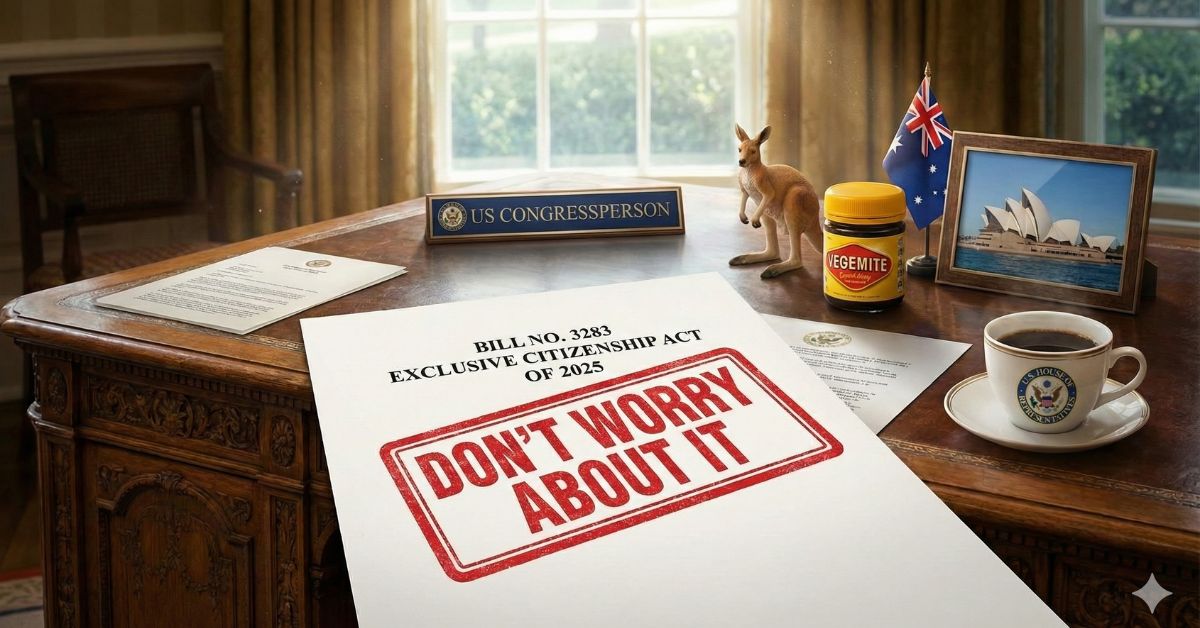Australia acted to close its outgoing borders on March 20 which restricted the movement of Australians attempting to leave the country. This has left many confused as to whether they should visit Australia, and if they do, whether they will be able to return to the U.S., so here's the latest.
Please note: This page will not be updated, so please keep an eye on our Coronavirus Information for Expats page for the most up-to-date information.
The current situation in Australia
To start I thought it was important to reiterate the Australian Government's message:
If you’re overseas and want to return, we continue to urge you to do so as soon as possible while flights are available.
Where there aren’t options, we’re working to make flights available for you.
If you can't leave or prefer to stay where you are, make plans for an extended stay.
This is closely reflected by the U.S. Government's Global Level 4 Health Advisory – Do Not Travel.
In summary, both are saying that you should limit travel where it is at all possible.
I know there are many families and individuals who would like to get back for a range of reasons both personal and professional but I would urge everyone to limit travel as much as possible to ensure that you don't get trapped in a place where you suddenly can't return to your life, costing you time, stress, and money.
That all being said, it's also important to assess what happens when you arrive back in Australia and if you still have the time to head back.
What happens when you arrive back in Australia?
From SmarTraveller:
When you do arrive home, you must undertake a 14-day quarantine in a designated facility (for example, a hotel) at your first port of arrival in Australia. Make sure you factor this period in for any domestic travel bookings. This quarantine period is necessary to protect Australians from COVID-19 and to save lives.
If the state of your final intended destination also has quarantine rules for interstate travel, you will very possibly have to repeat the quarantine, resulting for some in 28 days of quarantine!
The department that oversees (almost) all of this is the Australian Department of Home Affairs. From my chat with David Bushby, Consul-General of Australia to Chicago, last week, it was highlighted that it would be worth engaging with the Australian Depart of Home Affairs prior to enacting any travel plans.
Who can enter Australia right now?
From the Department of Home Affairs:
- Australian citizens can enter Australia and, in exceptional circumstances, will be permitted to enter without a valid Australian passport.
- A permanent resident is someone who holds a permanent visa in Australia, including a Resident Return visa.
- New Zealand citizens who normally reside in Australia (with a subclass 444 visa or other permanent or provisional visa) can come to Australia.
- Immediate family members which only include: a spouse, a de facto partner, a dependent child/ren, a legal guardian.
- A guardian, in relation to a child
That all being said, you should definitely check with the website to ensure you read all the conditions.
You can also apply for exemptions and special exceptions if you read through the site.
Can I leave Australia if I return?
From the Australian Government:
All overseas travel is currently banned, with few exceptions.
For foreign nationals:
Due to the current situation in Australia due to COVID-19, including state and territory border restrictions, business closures and social distancing requirements, all international visitors are encouraged to depart if it is possible to do so.
For Australian citizens and permanent residents:
Australian citizens and permanent residents cannot travel overseas due to COVID-19 restrictions.
However, if you want to leave Australia, you may be able to apply online for an exemption to travel if you fall under one of the following categories
In short, it's not easy to leave.
My brother, Nic, resides overseas and has for years, however it was difficult for him to provide enough proof and get on a flight after he got stuck in Australia. I can say from direct experience, it's not an easy process.
Who can I speak to for more information?
First, it would be worth speaking to the Embassy and Consulates of Australia in the United States. They can provide you up-to-date information about the situation as it pertains to you right now.
In addition to that, The Department of Home Affairs' COVID-19 page has a lot of information and are the best people to speak to in regards to entering and exiting Australia.
You can also pre-clear your activities with the Department which will ensure that the whole process is as simple as possible.
Having trouble returning home to Australia?
There is information for Australians, from the Australian Government, with advice on what to do if you are finding it difficult getting flights or getting back to Australia:
The International Aviation Network will ensure commercial flights between Australia and four key international cities throughout April: London, Los Angeles, Hong Kong and Auckland. These locations were chosen to provide access to the largest number of overseas Australians possible.
That being said, we have no reason to believe that repatriation flights will be provided by the Australian Government. They are working hard to have cheap(er) flights available, but we have seen no evidence to suggest there will be anything more dramatic than this from the United States.
Can you enter the United States again?
On a direct flight from Australia, everyone should be permitted entry into the U.S. if they adhere to standard immigration rules regarding visas and legal status.
So, should I return home?
Taking into account the compulsory quarantines, the limited options for travel, and the difficulty of leaving the country again if you do decide to enter:
I would strongly recommend you reconsider your need to go back, unless it is to return home permanently or if you are unsafe at your current location.
If you do not have health insurance in the United States, then I would consider that “unsafe” and would advise returning to Australia as soon as possible.


















